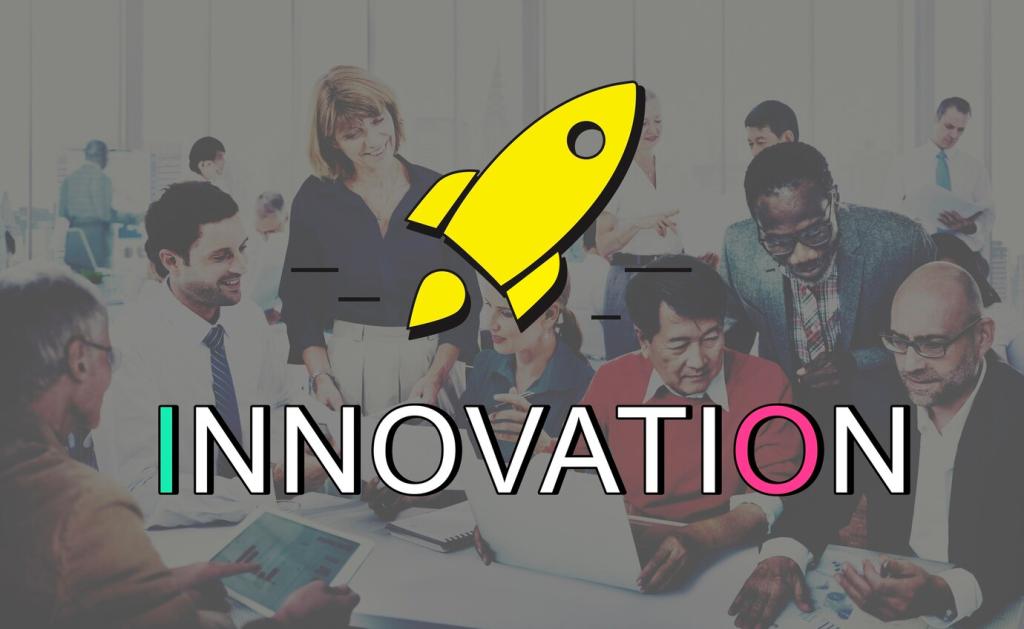Operational Resilience and Capital Efficiency
Give repetitive work to AI co-workers while humans handle judgment, creativity, and relationships. Document boundaries, review decisions, and keep a human-in-the-loop for edge cases. Share a task your team would happily automate this month without compromising trust or quality.
Operational Resilience and Capital Efficiency
Replace growth-at-all-costs with growth-at-good-costs. Build pricing power, optimize gross margins, and protect payback periods. Maintain simple dashboards surfacing cash runway, burn multiple, and cohort retention. Reply with one metric you check weekly that truly predicts survival and momentum.









